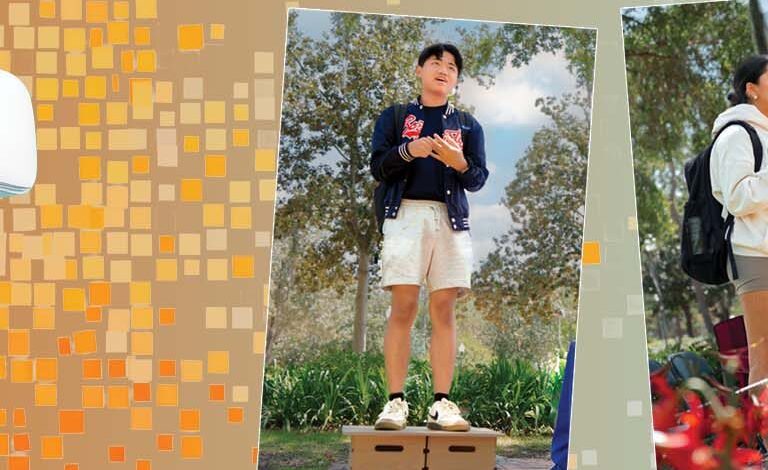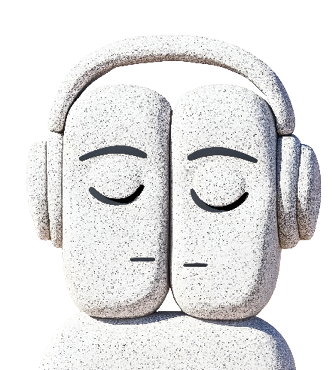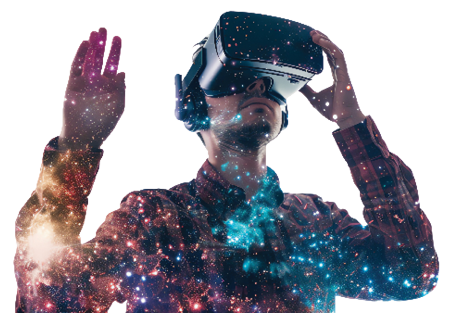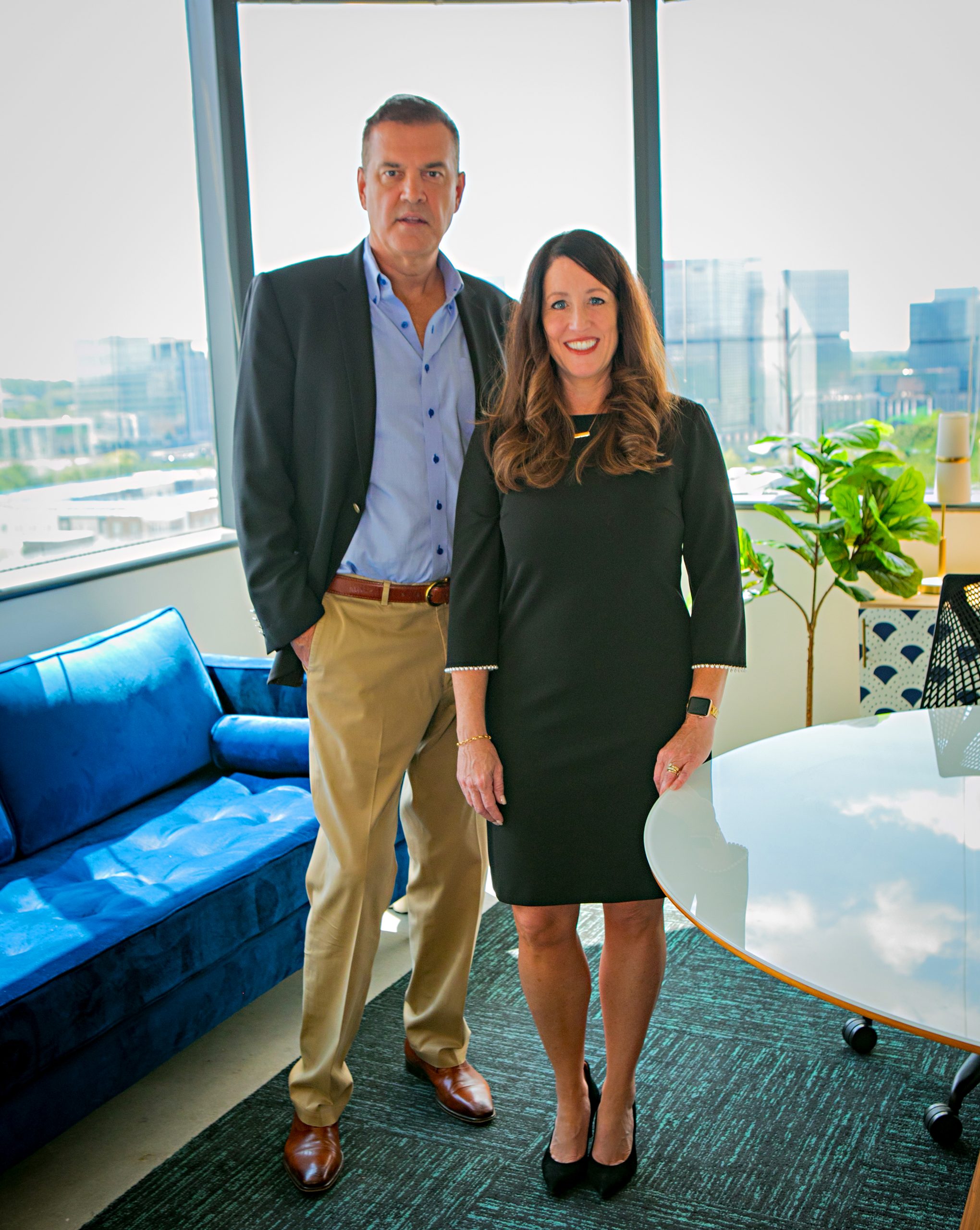Communications’ evolution – News

Even high-performing students in the College of Liberal Arts and Sciences at the University of Florida wrestle with communication basics — public speaking anxiety, structuring essays and citing sources. Today’s undergraduates are navigating a new terrain shaped by social isolation during the pandemic, the rise of social media, generative AI, civic polarization and eroding trust in news media. When added to the upheaval of college life, interpersonal communication becomes central to their academic and personal success.
A recently published analysis found that first-year university students struggle with communication skills, from public speaking to writing conventions and critical thinking. Writing in an academic setting is among the biggest obstacles, Gerald Chishiba and Joseph Mukuka concluded in their paper, “Communication Skills Challenges Experienced by First-Year University Students: A Systematic Review,” Journal of Education, Society and Behavioral Science.
On a warm spring day in April, Emily Rine Butler, Ph.D., and Dennis McCarty, Ph.D., carried a handmade “soapbox” and tabling materials from their offices in the William and Grace Dial Center for Speech and Communication Studies to the Plaza of the Americas. Over two hours, dozens of students stepped onto the box to deliver short “Hope Speeches” — impromptu remarks on upbeat topics including phage therapy as an emerging alternative to antibiotics, public transit and first-year experiences.
McCarty, director of public speaking in the Dial Center, developed Hope Speeches two years ago and organizes the event each fall and spring. His goal: help students overcome speaking anxiety and promote constructive dialogue in polarized times.
The Dial Center is one of several CLAS units focused on student communication. Their collective mission: support students across disciplines.
Just as there are many ways to communicate, there are many ways to be a student. Those models have changed across cultures and eras. Students of Confucius sought virtuous living in harmony. Socrates’ pupils learned to question and examine life. In the West post-Enlightenment, students have focused on becoming independent thinkers contributing to a free society.
Dial Center helps students define their success
“Communication studies offer a lot of opportunities for students to pursue their individual interests while developing the skills needed to interact within the different communities they belong to,” said Butler, director of the Dial Center. “In the Dial Center, we center interpersonal relationships and the communication skills needed to foster those relationships across differing contexts.”
“We encourage students to explore their own communicative goals in different contexts while we help them develop their abilities to craft messages and interpretations in ways that let them position themselves how they want to be seen in society. We focus a lot on how students define success for themselves, and how communication competence education helps them clarify the kinds of goals that help them achieve that,” Butler said.
“I will say, with no shortage of pride, that we’re excellent at what we do, and I like to think of us as the best kept secret at the University of Florida,” she said with a chuckle.

The Dial Center will celebrate its 30th anniversary in 2026. Gator alumna Joan Dial Ruffier, the first woman to chair the Florida Board of Regents, established the center in honor of her parents. Her father, William Dial, an attorney and banker, was a gifted orator who played a significant role in bringing Interstate 4 through Orlando. Ruffier envisioned a center demonstrating the practical mission of educating Florida’s sons and daughters.
In addition to offering a communication studies minor in CLAS, a Communication Ambassador Leadership Program, a Speech and Debate Society and a Public Speaking Lab offering free consultations, the Dial Center partners with colleges and centers across UF to support communication for students, faculty and staff. It also now contracts those services to private-sector clients.
Nicole Chien, a Dial Center ambassador, has seen the effect of social distancing firsthand. “You have students who I feel are at the top of their game, but they come into the Public Speaking Lab to make sure they’re doing well,” she said. “We help them practice because practice is everything when it comes to public speaking.”
Alyssa Mullings, a business management major, also found value in the lab. “I’ve learned how to break down concepts in a digestible way. I’ve learned how to be empathetic with each individual’s struggles,” she said, adding the skills benefited her internships.
Along with human mentors, digital avatars are coming to the Dial Center. Students tackling public speaking anxiety will soon have a new tool: virtual reality headsets augmented with AI. The firm Ovation has integrated Meta’s Quest headset with AI-powered speaking scenarios. Users are transported to environments where they practice interviews, debates, elevator pitches, presentations and other interpersonal engagements. Settings in the software allow the level of challenge to vary, and students receive feedback with analytics.
Butler has one Ovation headset in the lab and hopes to acquire more for student checkouts.
“The research has shown this to be promising, making a dent in public speaking anxiety by using virtual reality. Public speaking tools like this Ovation software are almost like aversion therapy. I’m all in on this,” Butler said.

Writing in the era of LLMs and social media
The University Writing Program (UWP), also housed in CLAS, serves students and faculty from all UF colleges. It offers writing courses from the undergraduate Quest program through graduate-level curriculum and individualized coaching in its Writing Studio.
“And of course, there’s the monster beast of AI. AI is only as smart as we help it to be. We have to teach all our students how to augment their writing with these large language model (LLM) tools, not to use them to escape the true work of thinking and writing but as a means of communicating more successfully,” said UWP Program Director Alison Reynolds.
Social media has also shaped student writing habits. A Pew Research Center survey of over 2,400 advanced placement teachers and National Writing Project instructors found digital platforms have shaped reading and writing habits of middle and high school students in ways that are both constructive and detrimental.
Most respondents agreed that social media has benefited students by providing platforms to share their work with wider and more varied audiences, encouraging creativity and collaboration. But they also worried about the creep of informal language and a tendency to scan rather than deeply read texts.
“A key tenet of rhetoric is audience. Preparing students to read and communicate in an ever-changing world, in a way that meets the needs of the listener or reader, is as important today as it has ever been. We may feel like there are many ways to get our messages across, but we are not writing less,” Reynolds said.
In the UWP that means training aspiring lawyers to draft legal memos, future researchers to write for academic journals and students to write with and for AI. In fact, the program has built relationships with private industries to establish organizational writing practices.
Talking as a team sport: Speech and Debate
It would be hard to find a student organization with more history than the Speech and Debate Society. Housed in the Dial Center, the team boasts a long legacy of competitive success and prestigious alumni, like George A. Smathers, who was president of the team while at UF.
The current coach, Amy Martinelli, Ph.D., associate director of the Dial Center, also has a deep history with the team. She arrived at UF in 2001 as an undergraduate and became team president. She coached through her graduate studies and now serves as director of forensics and faculty advisor.
Speech and Debate Society students choose from 12 events, including platform speaking, dramatic interpretation and limited preparation. Most compete in at least three, and Martinelli helps coach each one. Through rigorous revision and rehearsal, students learn to craft compelling arguments and explore multiple modes of delivery — harkening back to the oratory tradition of ancient Greece.
Public performance on campus is increasingly important. Martinelli has partnered with the Office of Public Policy Events to stage public debates featuring research of leading UF scholars. These events allow students to engage in civil debates and receive real-time feedback from experts.
Before the COVID-19 pandemic, the group traveled to tournaments five weekends per semester. But funding changes and a slow return to in-person events disrupted that. “It’s really only the last two years that we’ve been back at sort of that normal pace. The team is starting to grow again and has more stability,” Martinelli said. Still, the team has maintained success by combining in-person and online competitions.
Now, Martinelli aspires to overcome the pitfalls of the pandemic and hopes to increase philanthropic support that will sustain the team for the long term.

That’s been aided by an ongoing gift from Larren and Jennifer Odom, to their Chastain Wealth Management Speech and Debate Travel fund, which supports travel costs for the team. The Odoms aligned the gift with their values on freedom of speech.
This year, the team will use the funds to send a representative to the Interstate Oratory Association’s annual public speaking contest, the longest-running oratory competition in the U.S.
“Competing in speech and debate is not just about winning awards,” Martinelli said. “Don’t get me wrong: We love bringing home trophies from our tournaments on the road. But what really makes participating in speech and debate meaningful is the sense of empowerment that comes along with all of the hard work.”
The power of listening
Pooja Manjakandy completed her undergraduate degree in CLAS, graduating in May with a minor in communication studies, as one of the Dial Center’s student ambassadors and a teaching assistant. She said the experience has been transformative as she prepares to enter law school in the fall.
“I see people who are really afraid to make connections. Polarization is a really big issue, not just on campus but generally in our community right now,” Manjakandy said. “Our center, whether through extracurricular activities or through classes, creates a safe space for us to practice talking about really difficult topics. We learn to be open minded about things we might not agree with.”
“Listening turns out to be critical to this. Honestly, listening has been the majority of my focus academically in communication studies,” said Manjakandy, who presented a paper to the International Listening Association.
“It is important to be fully present in conversations, not just listening to the bits and pieces that validate your biases and tuning out the rest. You see people speeding through these connections,” she said. “We’re at a time where isolation and anxiety are kind of at an all-time high, particularly for Gen Z and millennial cohorts, and a lot of that has to do with lack of sustained connection.”
“As I’m graduating now, I’m very much aware that a lot of the work that I’ve done either in internships or that I will be doing in law school, is this aspect of listening that is at the root of communicating and at the root of advocacy,” Manjakandy said. “That’s something that I didn’t come into college thinking about but that I’m acutely aware of as I walk out.”
Source link




